
I was reminded recently of this simple-yet-brilliant technique by an inspiring colleague.
The idea is that everyone briefly speaks, and the talk goes around the room in a logical order chosen by the students. The teacher instruction is simply Round Robin, starting with [name].
The first time you do this, introduce it to your class by saying When we do Round Robin, everyone needs to speak. Take turns in a logical order, for example table to table. Each time we do this, I’ll choose someone different to start.
Important – the teacher doesn’t organise the order! Apart from their very short instruction (i.e. Round Robin starting with Joseph) the teacher won’t need to speak until every pupil has had their turn.
Hearing lots of different ideas
You could use this in moments when you want pupils to hear lots of different ideas, for example
Thinking of words or phrases to describe a particular setting for a story.
Thinking about examples of when they have found something difficult.
Maths challenge: random multiples of three (e.g. 21, 3, 51, 300, …)
Don’t forget thinking time!
Set them up for success by giving them time to talk and think in pairs or small groups first. Jottings are useful.
How one teacher raises accountability using a quick and simple technique
Lawrence the Lion and Maple the Meerkat tackle some philosophical dilemmas…
My top three strategies to make sure every pupil speaks during whole-class learning
A detailed description including building, helping, sharing and working together
It’s great that they are motivated to speak next, but are they really listening?
An inspiring podcast on using classroom talk in a rich and meaningful way
An oracy game, a mental workout, and an opportunity to practise respectful challenge
Pupil voice about whole-class talk in Reading lessons
The advantages of getting students to pass the talk to each other
Using an unexpected event as a P4C stimulus
Six things you can do to help pupils gain the skills and confidence to speak to a room full of people








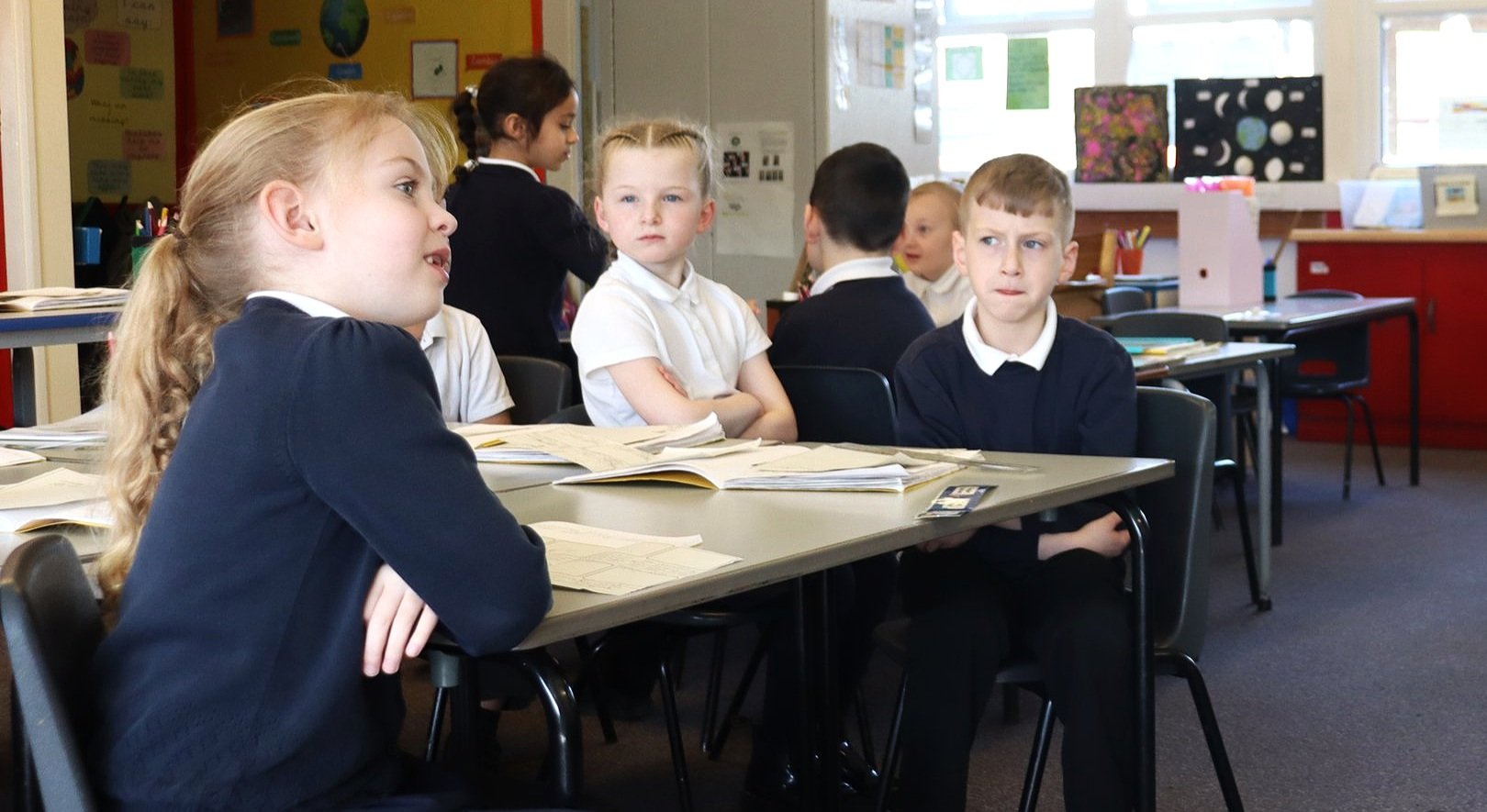

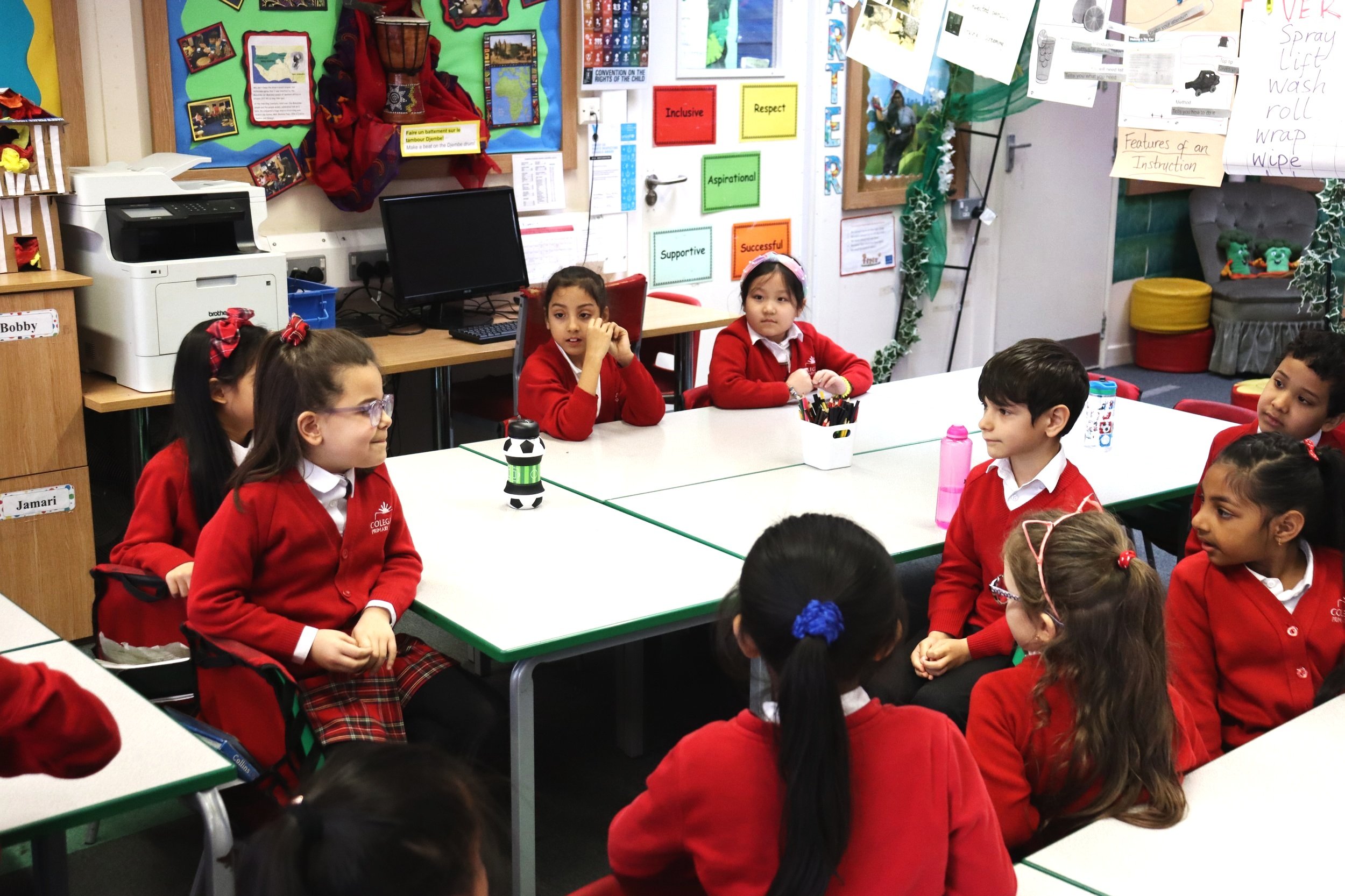











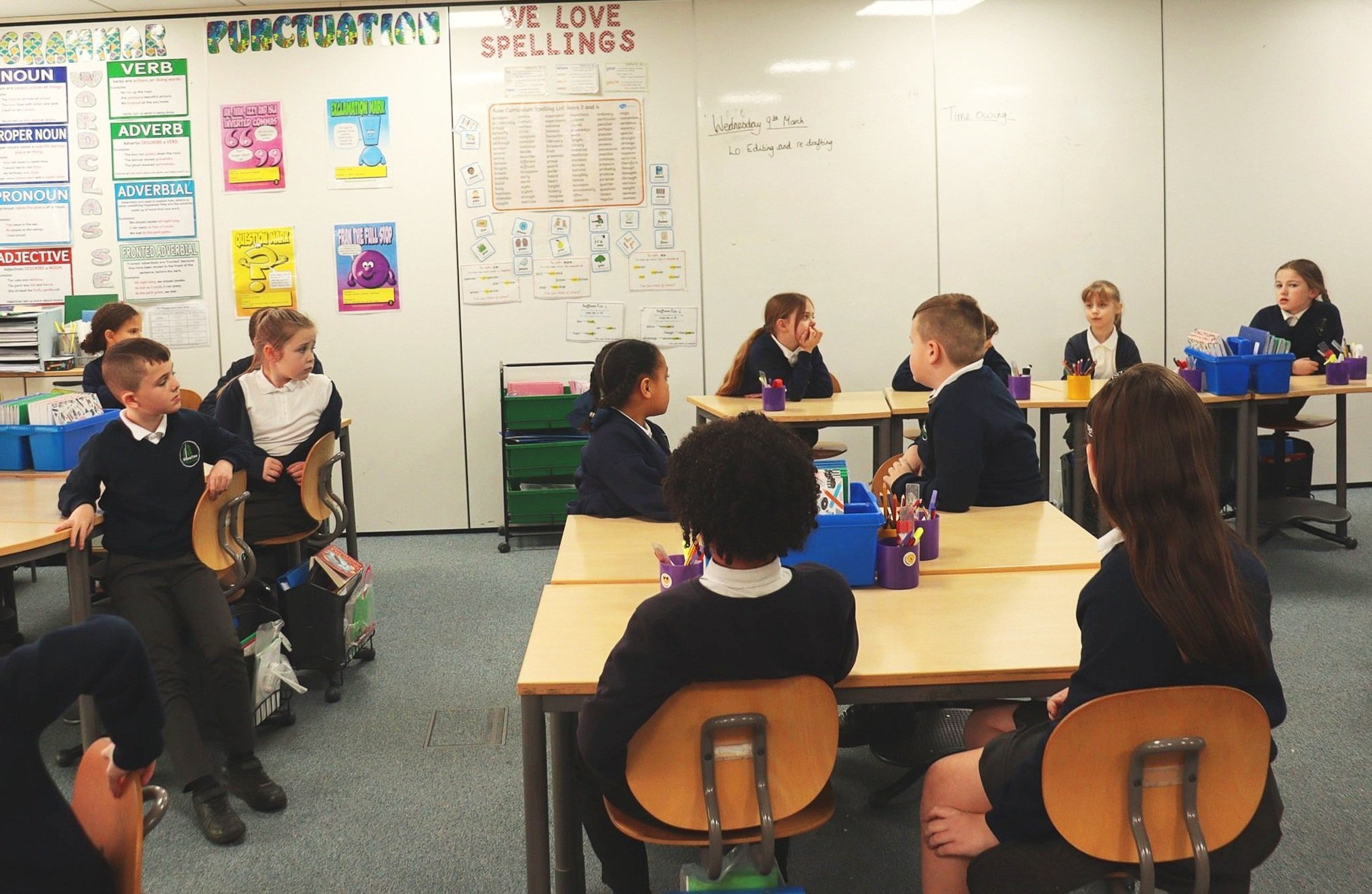


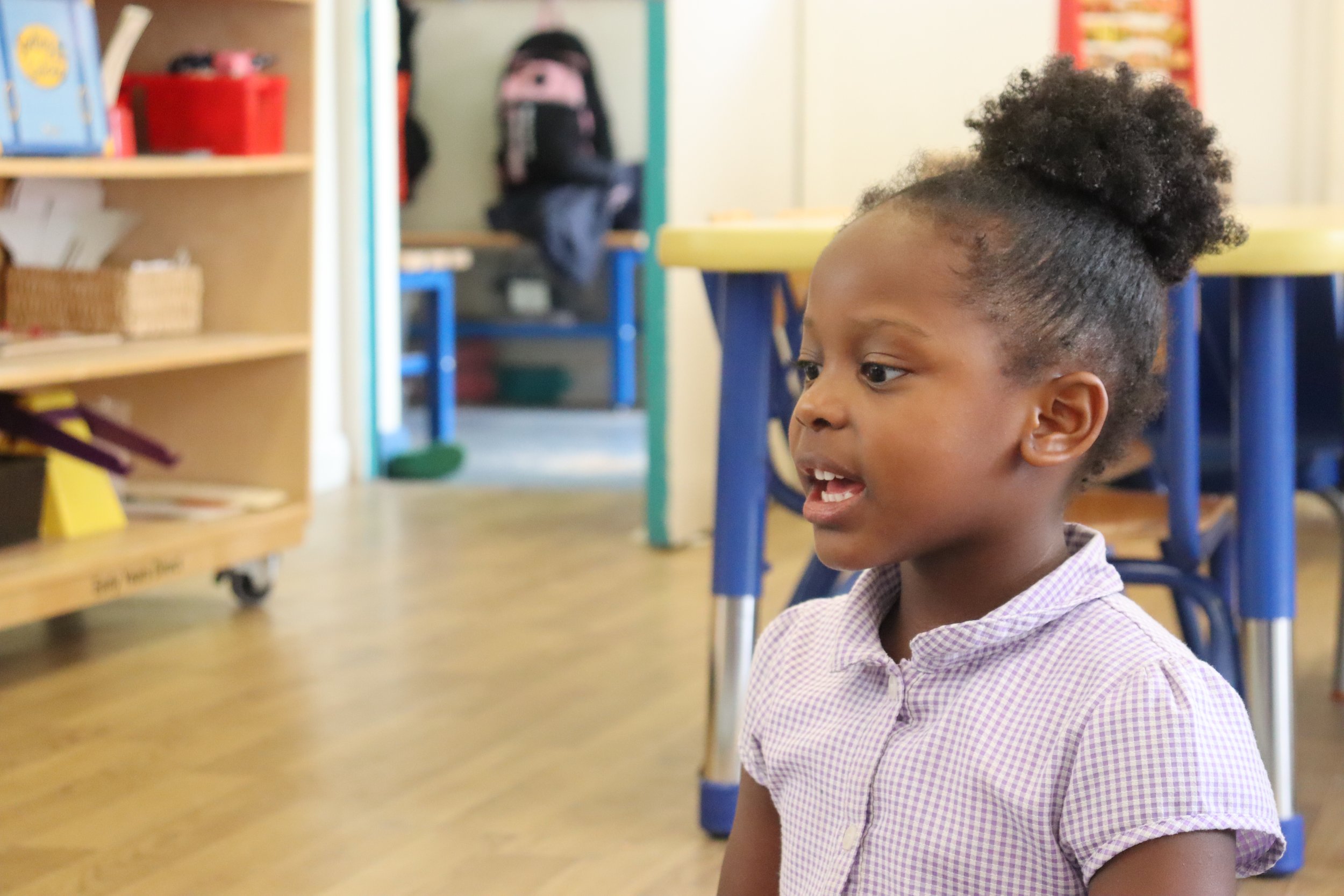
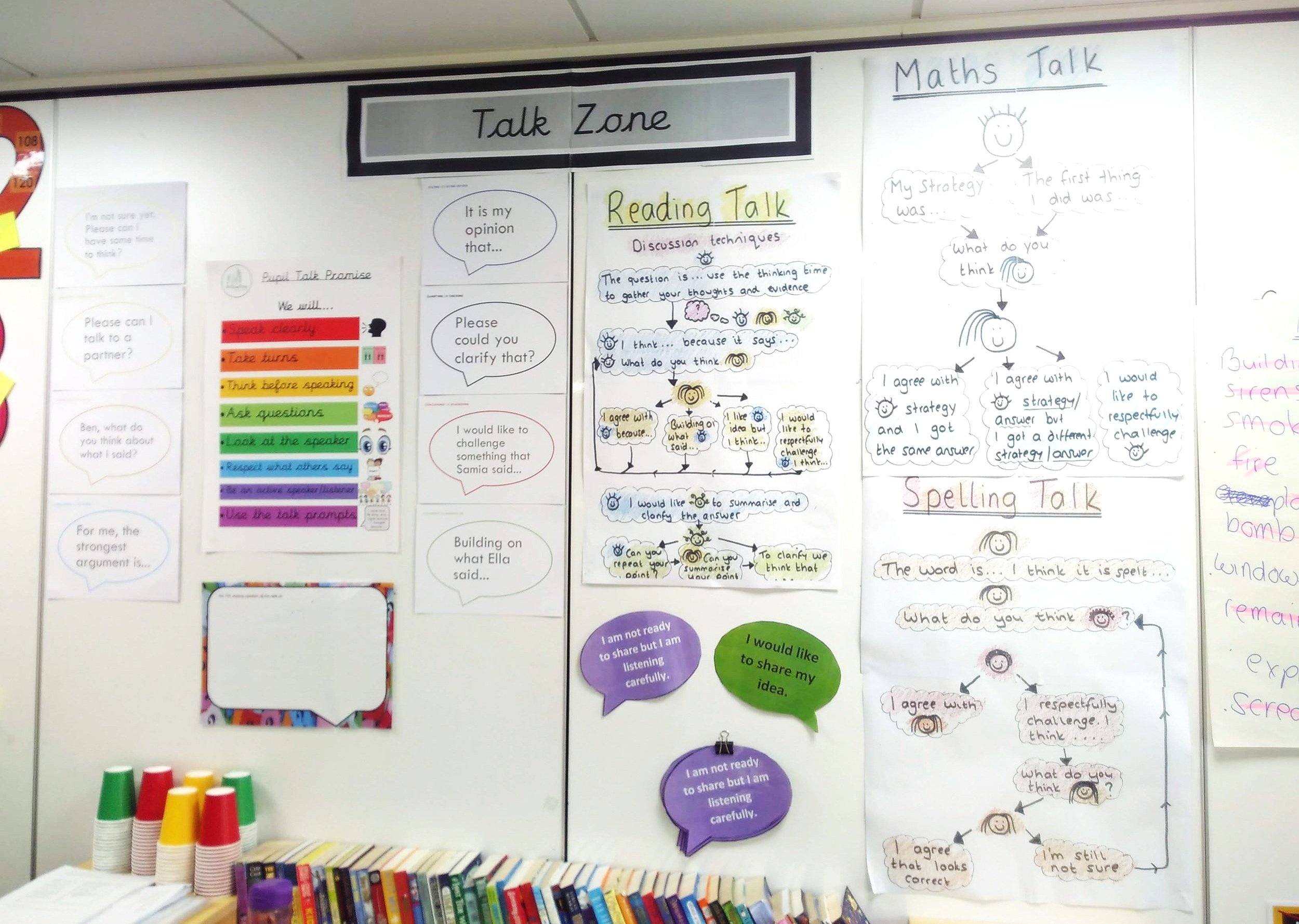

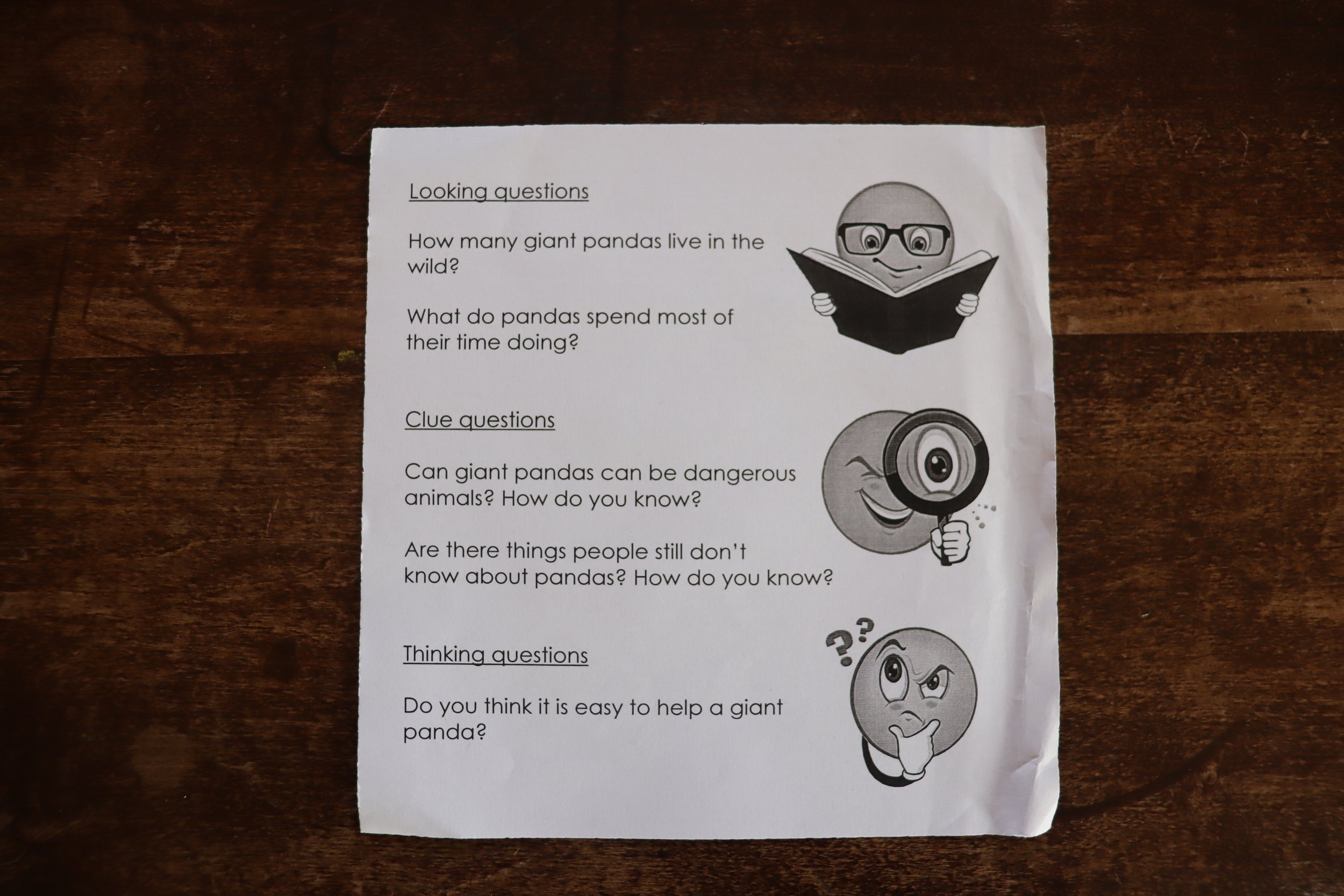
Get them really listening to, and thinking about, each other’s contributions